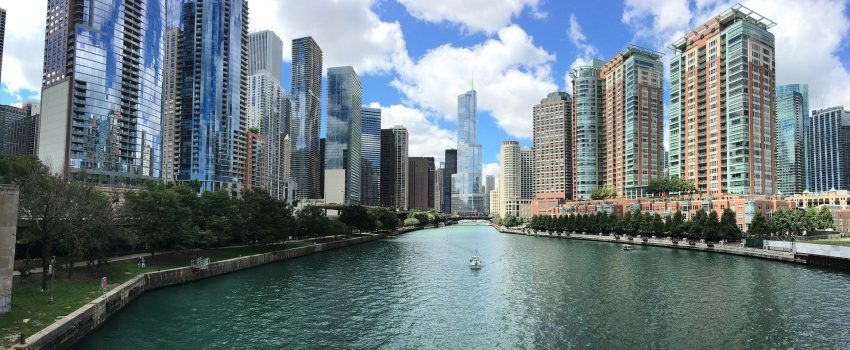On June 3, 2020, an Illinois bankruptcy court held that a financially strapped restaurant organization will not have to perform certain contractual obligations that were initially outlined in its lease agreement with the landlord, thanks to a force majeure clause included in the same document.
The ruling may have a significant impact in a destabilized economy reeling from the aftereffects of the COVID-19 pandemic—in which businesses across all industries have been forced to shutter their operations by state and federal health organizations in an attempt to stem the spread of the viral outbreak.
The Case
The Chicago-based Hitz Restaurant Group declared Chapter 11 bankruptcy at the close of February, prior to the coronavirus pandemic. The restaurateur advocated that they should not be obligated to pay their monthly rent from April to June due to the state-mandated quarantine. The force majeure clause at issue specifically stated that “Landlord and Tenant shall each be excused from performing its obligations or undertakings provided in the Lease, in the event, but only so long as the performance of any of its obligations are prevented or delayed, retarded or hindered by laws, governmental action or inaction, orders of government.”
The landlord in the case, Kass Management Services, countered that they were owed the rent because the tenants could still generate revenue via takeout and delivery services in addition to availing itself to the Paycheck Protection Program—a loan designed to provide a direct incentive for small businesses to keep their workers on the payroll. The PPP allows loans to be forgiven if all employees are kept on the payroll for eight weeks and the money is used for payroll, rent mortgage interest, or utilities.
Judge Donald Cassling of the United States Bankruptcy Court for the Northern District of Illinois ultimately sided with Hitz Restaurant Group, stating that the measures implemented by the Illinois state government qualified as force majeure per the terms of the contract. Cassling, however, specified that the restaurateur was still obligated to fulfill other duties laid out in the initial lease document. Cassling pointed out that approximately a quarter of the tenant’s space could be utilized to make profits even with the state’s stay-at-home order remaining in effect—mainly via delivery and pickup. Accordingly, the judge found that Hitz still had to pay 25%–or just over $2,600—of the total rental amount per the terms of the lease. Judge Cassling also rejected the landlord’s argument that the outstanding payments could have been acquired via the Paycheck Protection Program, claiming that the force majeure clause as worded in the contract did not obligate Hitz to obtain outside financing by way of a loan in order to meet its financial obligations.
Impact of the Opinion
The opinion is one of the first to address the issues as to whether force majeure clauses can be used as a valid justification for a business tenant—specifically one involved in the restaurant industry—to not pay the rent outline in their lease agreement. Legal experts feel that the case was an early test of whether states’ orders to suspend dine-in service due to COVID-19 invoked force majeure, a common lease stipulation that negates the obligations of renter or landlord if certain conditions are met. Cassling’s decision comes at a time where many restaurant operators are claiming that their ability to stay in business is dependent on the willingness of their landlords to be flexible when it comes to either adjusting rental payments or forgiving them altogether. Complicating the matter further is the fact that now, on-site restaurant service has been given the green light to at least some degree in every state jurisdiction.






